Ketasma 1mg
Ketasma 1mg is a prescription medication containing Ketotifen fumarate, primarily used to manage and prevent allergic conditions such as asthma, rhinitis, and chronic urticaria. Acting as both an antihistamine and a mast cell stabilizer, Ketasma works by inhibiting the release of allergy-causing chemicals like histamine.
Unlike typical antihistamines, it also has a preventive effect, making it valuable for long-term allergy control. Often prescribed for adults and children above three years, it may cause mild drowsiness. Ketasma is not meant for acute asthma attacks but is effective in reducing their frequency.
Uses
- Asthma prevention – Helps reduce the frequency and severity of asthma attacks.
- Allergic rhinitis – Relieves symptoms like sneezing, runny nose, and nasal congestion.
- Chronic urticaria (hives) – Eases itching and swelling caused by allergic skin reactions.
- Allergic conjunctivitis – Reduces eye irritation, redness, and watering due to allergens.
- Atopic dermatitis – Supports management of eczema-like skin conditions related to allergies.
- Mastocytosis – Helps control symptoms caused by excessive mast cell activity.
- Seasonal allergies – Acts as a preventive for hay fever and pollen allergies.
How to use it ?
Ketasma 1mg should be taken exactly as prescribed by your doctor. It is usually taken orally, once or twice daily, with or without food. Swallow the tablet whole with water—do not crush or chew it.
For best results in preventing asthma or allergies, it should be used regularly, even when symptoms are not present. Do not use it for sudden asthma attacks. If a dose is missed, take it as soon as possible unless it’s near the time for the next dose.
How dose it works ?
Ketasma 1mg works through two main actions. First, it acts as an antihistamine, blocking histamine— a chemical released during allergic reactions that causes symptoms like sneezing, itching, and swelling. Second, it functions as a mast cell stabilizer, preventing mast cells from releasing other allergy-causing chemicals like leukotrienes.
This dual action helps reduce allergic responses and inflammation over time. Unlike quick-relief medications, Ketasma is preventive, making it effective for long-term control of asthma and chronic allergies when taken regularly.
Dosage
Dosage of Ketasma 1mg may vary based on age, condition, and medical advice, but general guidelines include:
-
Adults and children over 3 years:
1 mg twice daily (morning and evening). In some cases, the dose may be increased to 2 mg twice daily if needed. -
Children under 3 years:
Use only if prescribed by a pediatrician. Liquid formulations are often preferred.
Benefits of Ketasma 1mg
- Prevents asthma attacks by reducing airway inflammation over time.
- Relieves allergy symptoms like sneezing, runny nose, and itchy eyes.
- Helps manage chronic urticaria (hives) by reducing itching and swelling.
- Improves quality of life for those with persistent allergies or asthma.
- Long-term allergy control due to its mast cell stabilizing effects.
- Non-steroidal alternative for managing allergic conditions.
- Safe for children (above 3 years) under medical supervision.
- Reduces medication dependency on emergency inhalers in asthma.
Side effect of Ketasma 1mg
Common Side Effects of Ketasma 1mg:
- Drowsiness or sedation
- Dry mouth
- Dizziness
- Increased appetite
- Weight gain
- Nausea or upset stomach
- Irritability or nervousness (especially in children)
- Mild headache
Rare but serious side effects may include liver issues, seizures, or allergic reactions.
Precautions
- Avoid alcohol – It can increase drowsiness.
- Use caution when driving or operating machinery – May cause sedation or dizziness.
- Inform your doctor about other medications – To avoid drug interactions.
- Not for acute asthma attacks – It’s preventive, not a rescue medicine.
- Monitor children closely – May cause excitability or irritability.
- Pregnancy and breastfeeding – Use only if clearly advised by a doctor.
- Liver problems – Inform your doctor if you have any liver conditions.
Frequently asked question
What is Ketasma 1mg used for?
Ketasma is mainly used to prevent asthma attacks and treat allergic conditions like rhinitis, urticaria, and conjunctivitis.
Can I use Ketasma 1mg for a sudden asthma attack?
No, Ketasma is not a rescue medication. It’s used for long-term prevention, not for treating acute asthma attacks.
How long does Ketasma 1mg take to work?
It may take a few days to weeks of regular use to see full benefits, especially in asthma prevention.
Is Ketasma 1mg safe for children?
Yes, Ketasma can be used in children over 3 years under medical supervision. A syrup form is often prescribed.
Can I take Ketasma with other medications?
You should inform your doctor about all medications you’re taking to avoid potential interactions.
Does Ketasma 1mg cause drowsiness?
Yes, drowsiness is a common side effect. Avoid activities that require alertness until you know how it affects you.
Can pregnant or breastfeeding women take Ketasma 1mg?
It should only be used if clearly needed and prescribed by a doctor, as safety in pregnancy is not well-established.
What should I do if I miss a dose?
Take it as soon as you remember. If it’s close to the next dose, skip the missed one. Do not double up.
Conclusion
Ketasma 1mg is an effective medication for preventing asthma and managing various allergic conditions like rhinitis, urticaria, and conjunctivitis.
With its dual action as an antihistamine and mast cell stabilizer, it offers long-term relief when taken regularly. While generally safe, it may cause drowsiness or other mild side effects.

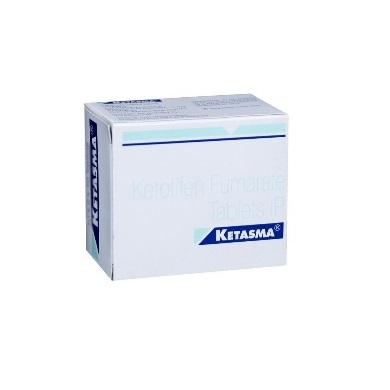
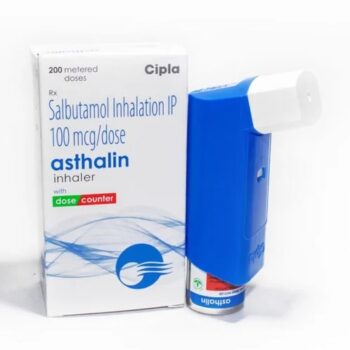
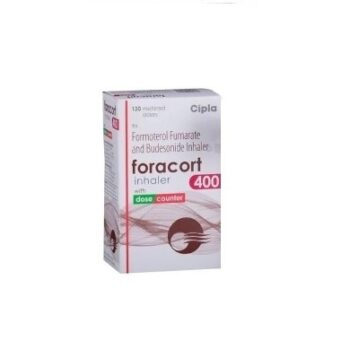
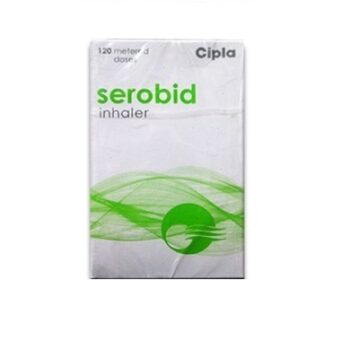
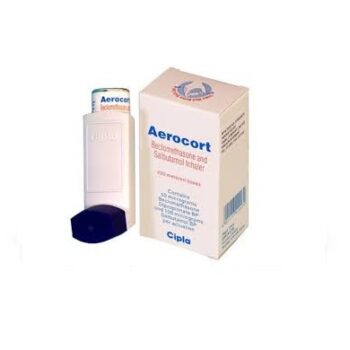
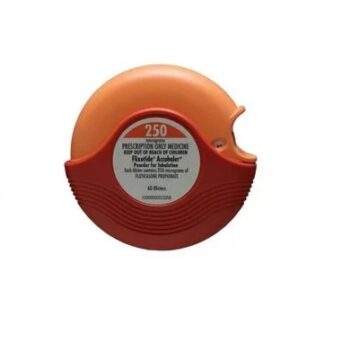




Reviews
There are no reviews yet.